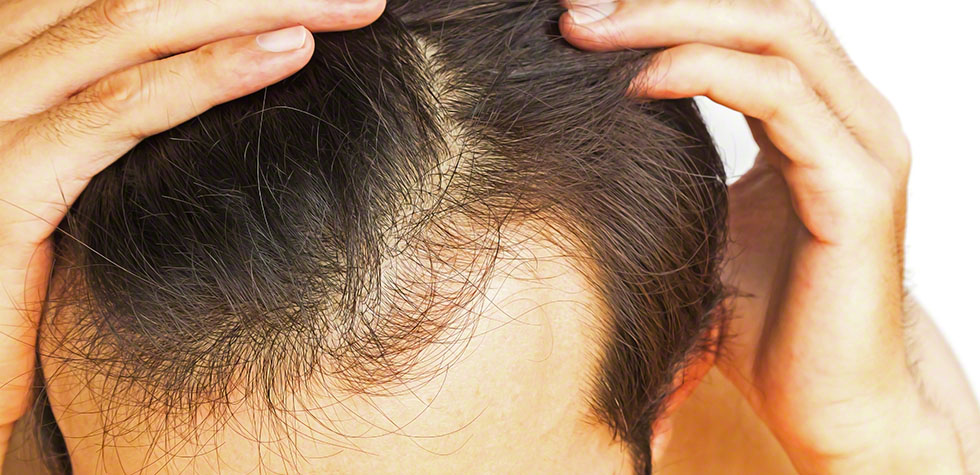Looking good is the wish of almost every person on this Earth, but that’s not the only wish. We all know there are lists of wishes – having thick hair is also one of among them. Various hair transplant surgery are available these days.
Hair Loss
Hair thinning or hair loss is very common in men and some women, it’s caused due to stress or disease but the most common cause of hair loss is genetic.
Alopecia (baldness) can happen in any age, or gender. Anagen, catagen, telogen and exogen, these are the four stages of hair growth, not all hair grow at the same rate, which means different hair strands can be at different stages which makes hair unlevel. Thinning hair and baldness are common in elderly because with age and time the boy gets litter nourishments make the blood vessels weaker, resulting in thinning hair or bald patches.
Treatments of Hair loss
Different type of hair loss means different types of cures. You can’t treat all kind of baldness with one treatment.
There are many treatments for hair loss, most famous and popular being hair transplantation. Hair transplant surgery is the most permanent solution for baldness or hair loss.
Hair Transplantation
Hair transplantation is very common, it is easy and effective. But to get hair transplant surgery, the baldness should have a constant pattern and should be stable; it takes three years to get the idea of the pattern and stability.
Hair transplantation is done by a surgical procedure and its irreversible, it also leaves a scar but most of the time it’s early visible. The hair transplant surgery is done under local anesthesia. The hair transplantation surgery is very affordable as it depends upon the number of grafts that the person may need, less grafts means less cost.
The best part about the procedure is that the end result is quite natural; the hair doesn’t look fake or artificial at all. This is because the follicles are taken from the patient’s own scalp, the follicles are taken from the donor area and are transplanted on the recipient area, the new hair takes time to grow, there can be a loss of some transplanted hair too, and this is called Shock loss in common words. If you have a complete valid head then this surgery isn’t for you.
There aren’t many side effects of the surgery and however litter side effects are there all are temporary. The side effects may include, itchy scalp, swelling and infection, all this can be controlled and cured by ointments and creams. The longest side effect, which was recorded six months, is the numbness of the scalp. The work isn’t done ever after the surgery, there is always the case of post surgery care like, applying saline to the grafted area as well using a mild and diluted shampoo and taking care of the swelling by prescribed medication, to get the hair and patient back to normal and natural routine.
Other than hair transplant surgery, the options to cure of hair loss are:
Hair Solution
Recently a solution by the name of Rogaine has been in news as the cure for baldness. However, for all the people who have used it, only 14 percent got positive result. It’s used by rubbing it directly on the affected area.
Medication
When it comes to medication pills, the top of the list is Prophecies, that can cure Alopecia, but it’s given under strict prescription. The medication is very effective a successful only if the intake is constant, discontinuing will stop the progress altogether. Other less effective medication is dutasteride, for men and oral contraceptives and spironolactone for women. The common side effect of these medicines is placid irritation of the scalp, dryness and hair growth on other parts of the body such as hands and face.
Injections
Liquid corticosteroids can be injected into the scalp over a number of times to stop and encourage hair growth but it has premature baldness as side effect which make the treatment unpopular and less appealing.
Laser Treatment
A recent study has shown that laser treatment can also be an effective way to cure baldness, but the studies are very limited on this subject to determine any long-term and reliable results.
Conclusively, to frankly tell someone only one way to treat hair loss, it would surely be hair transplantation Chevy Chase MD.




